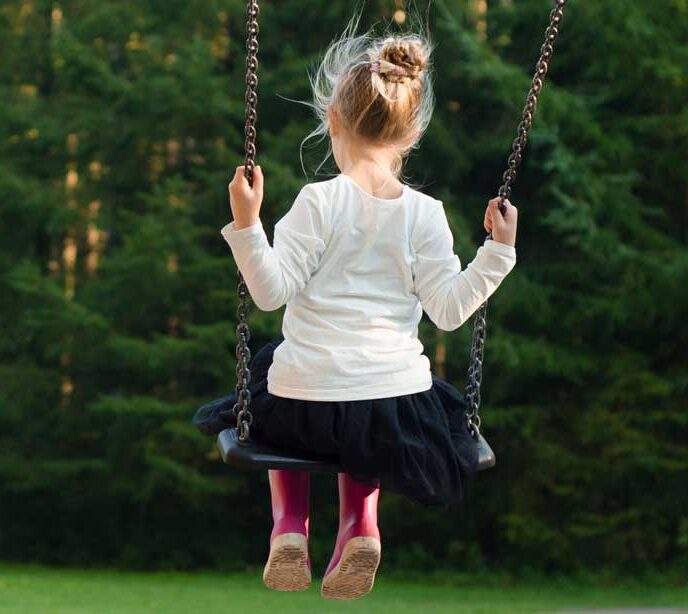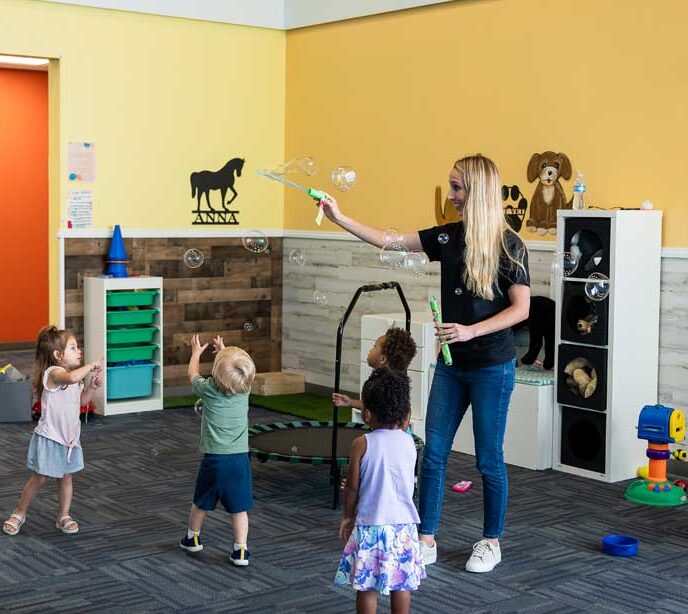Social Skills and Children with Autism

Verbal Skills and Your Child with Autism
Children with autism often struggle with verbal communication skills. A child may be unable to speak in full sentences, only say a few words, or simply unable to carry on a conversation or be unwilling to. Children with autism also may struggle in social environments where verbal communication with others is expected. They may not like being around other people, be unable to look at someone in the eye when they say something, or simply prefer to be alone.
Nonverbal Skills and Your Child with Autism
Many children with autism may be non-verbal, meaning they cannot communicate vocally. For children who are non-verbal, they often cannot communicate their wants and needs and that may leave them feeling frustrated. This can ultimately lead to other behaviors. For children who are non-verbal, it is important that a doctor, therapist, or trained professional work with that child to develop an effective way of communication, whether it is using a picture exchange system, a language software on an eye pad, or something else. It is crucial our children with autism have a way to communicate their wants and needs for their well being and for their quality of life.
Social Signs That May Indicate Your Child has Autism
1.) Non-verbal
2.) No eye-contact
3.) Will not respond to name
4.) Cannot use full sentences
5.) Only talks about one item or topic
6.) Cannot carry an appropriate conversation.
If you suspect your child may have autism, please contact Lighthouse Autism Center for more information on diagnosing your child and ABA therapy.
Together, we can unlock your child’s potential
Related News

03/07/2024
Symptoms of Asperger’s Syndrome – Lighthouse Autism Center
In this article, we take a look at Asperger’s syndrome, and describe its most common characteristics, how it differs from other autism disorders and how to treat it.

03/07/2024
ABA Therapy: Costs and Options – Lighthouse Autism Center
One of the most recognized treatments for autism is ABA therapy, but this comes with questions about costs and financial viability. Discover ABA therapy costs and explore the various options available to you, ensuring you’re equipped to make informed decisions for your family. Resources Available to Help Cover the Costs of ABA Therapy Services As […]

03/07/2024
Free Online Games for Autistic Kids – Lighthouse Autism Center
The virtual world can be a great resource for autism-friendly games, providing both a learning environment and an outlet for fun. Discover the benefits of online games for autistic children, and explore our top picks that cater to different needs and skills. Free Online Games for Autistic Kids The virtual world can be a great […]


